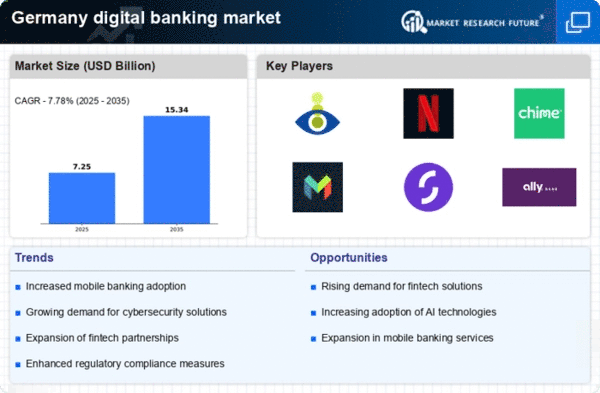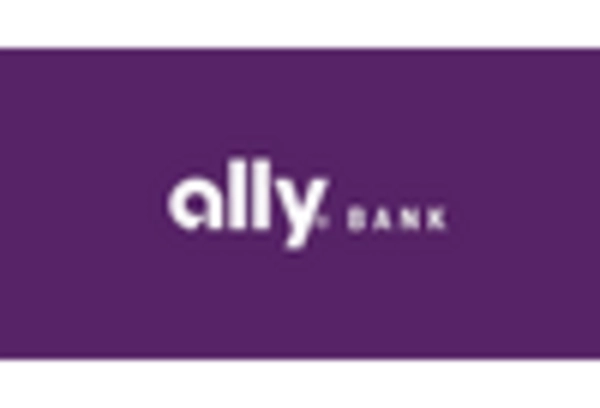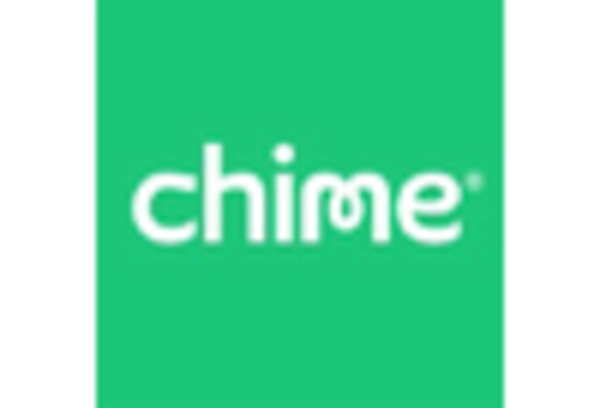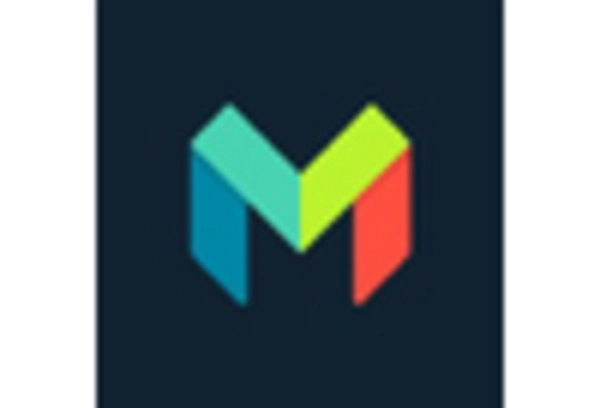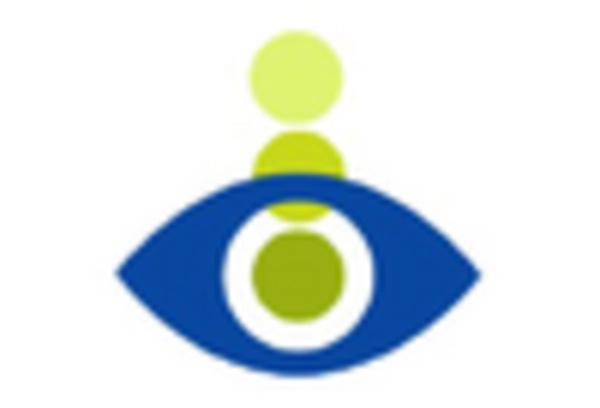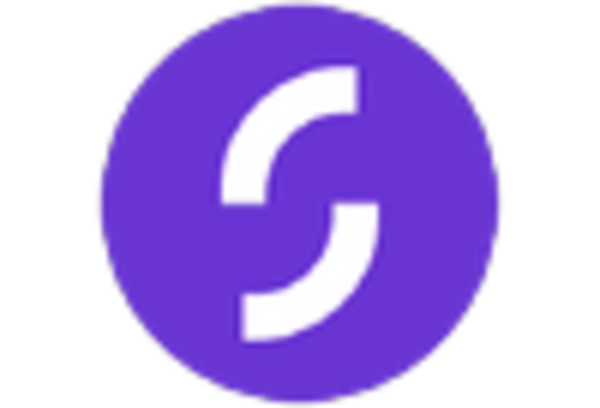Consumer Demand for Convenience
Consumer preferences are evolving, with a marked shift towards convenience in banking services. The digital banking market in Germany is responding to this demand by offering user-friendly interfaces and 24/7 access to banking services. Surveys indicate that approximately 65% of German consumers prefer digital banking solutions over traditional banking methods. This trend is driven by the desire for quick and easy access to financial services, such as instant payments and online account management. As banks adapt to these changing preferences, they are likely to enhance their digital offerings, further solidifying their position in the digital banking market.
Regulatory Changes and Compliance
Regulatory frameworks are evolving, influencing the digital banking market in Germany. The implementation of stringent regulations, such as the EU's PSD2 directive, is reshaping how banks operate. These regulations promote transparency and competition, allowing third-party providers to access banking data with customer consent. As a result, banks are compelled to enhance their compliance measures and invest in secure digital infrastructures. In 2025, compliance costs are expected to rise, potentially impacting profitability. However, these regulations also create opportunities for innovation, as banks develop new services to meet regulatory requirements while enhancing customer experience in the digital banking market.
Increased Competition from Fintechs
The emergence of fintech companies is significantly impacting the digital banking market in Germany. These agile startups are introducing innovative financial products and services that challenge traditional banks. In 2025, it is projected that fintechs will capture around 30% of the market share in digital banking, compelling established banks to innovate and adapt. This competition fosters a dynamic environment where consumers benefit from improved services and lower fees. As traditional banks respond to this challenge, they are likely to invest more in technology and customer-centric solutions, thereby enhancing their competitiveness in the digital banking market.
Technological Advancements in Banking
The digital banking market in Germany is experiencing a surge due to rapid technological advancements. Innovations such as blockchain, biometric authentication, and advanced encryption methods are reshaping the landscape. These technologies enhance security and streamline operations, making banking more efficient. In 2025, it is estimated that over 70% of banking transactions in Germany will be conducted digitally, reflecting a significant shift in consumer behavior. The integration of these technologies not only improves customer experience but also reduces operational costs for banks. As a result, financial institutions are increasingly investing in digital solutions to remain competitive in the digital banking market.
Shift Towards Sustainable Banking Practices
Sustainability is becoming a focal point in the digital banking market in Germany. Consumers are increasingly prioritizing environmentally friendly practices, prompting banks to adopt sustainable initiatives. In 2025, it is anticipated that over 50% of German consumers will consider a bank's sustainability efforts when choosing financial services. This shift is driving banks to integrate green financing options and promote responsible investment strategies. As a result, financial institutions are likely to enhance their digital platforms to showcase their commitment to sustainability, thereby attracting a growing segment of eco-conscious consumers in the digital banking market.


